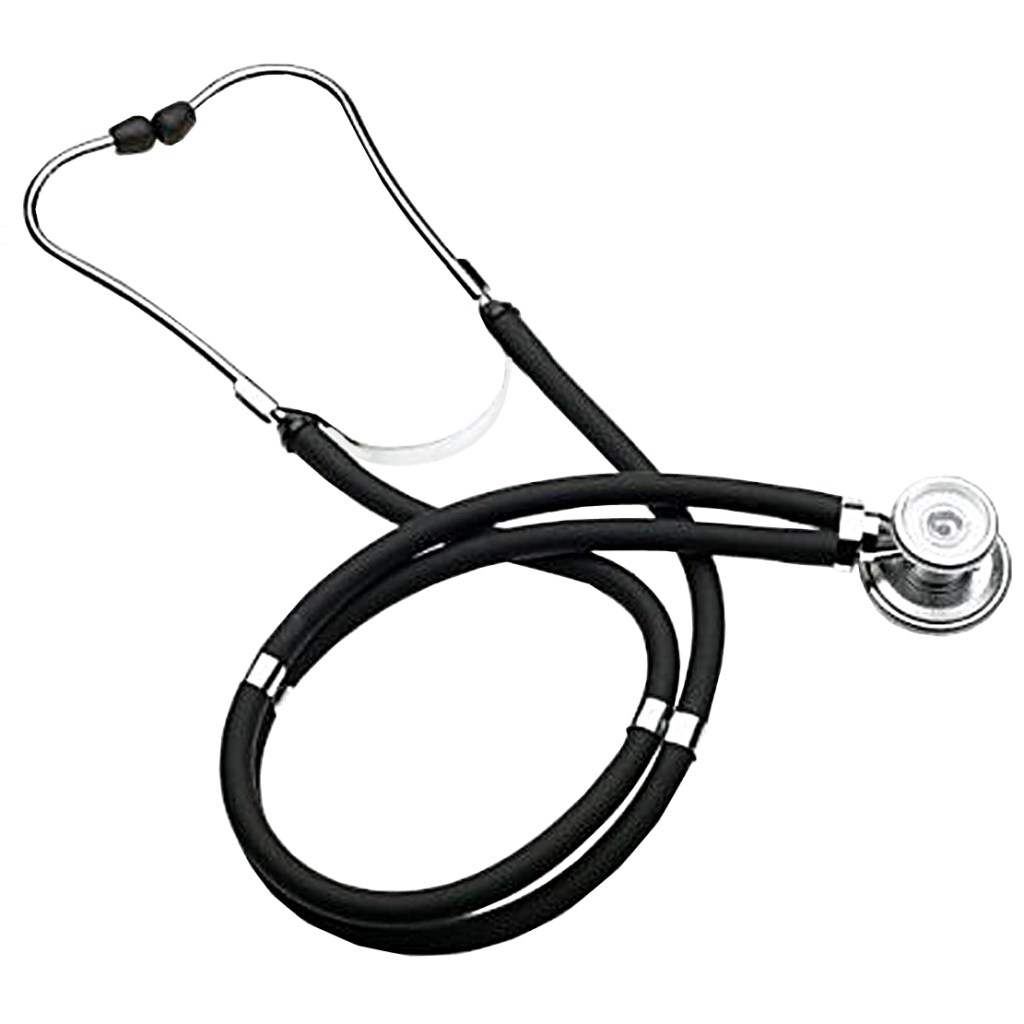An old joke asks, “What do you call a person who graduated last in his class at medical school?” Its obvious answer is: “Doctor.”
And, according to a survey reported in the most recent issue of the Journal of the American Medical Association, if your physician really is incompetent, a surprising number of his fellow doctors won’t do anything about it, although they clearly know their silence places patients at risk.
That’s also true if your doctor is addicted to drugs or alcohol, or suffers from a mental or physical impairment that means he might not be providing the best care possible.
It should be taken as a given that patients already worried about their health don’t want the added burden of hearing that good doctors keep quiet about the flaws of their peers.
But the study’s author, Catherine DesRoches of Harvard Medical School, says that 17 percent of all doctors surveyed told researchers that they had direct, personal knowledge of a doctor who was “impaired or incompetent to practice medicine.” And a full third of those doctors did not report that information to responsible accountability groups such as hospital boards or state medical associations.
The non-reporting doctors said they lacked confidence in their profession’s ability to respond to their reports in a meaningful way. They also doubted that the offenders would get help, and some even think they could be exposed to retribution for their actions.
That’s despite the fact that the AMA and other professional groups hold that doctors have a clear ethical obligation to report incompetent colleagues, and many states require it by law. In some states, doctors can get advice on the best ways to report such cases, and most states will keep reports anonymous. Some use the threat of medical board action to get doctors with problems into rehab.
There shouldn’t be any difficulty with that, because in most cases, the profession is focused on rehabilitation, not discipline. Multiple programs exist to help doctors overcome their issues, and services are typically confidential, though licensing boards are informed if any danger exists for patients.
That factor is the most important one. It may take some courage on the part of more doctors, but patients absolutely must trust that the care they get is the best it can be, because their good health — even life itself — is riding on it. The stakes could not be higher.
Send questions/comments to the editors.



Success. Please wait for the page to reload. If the page does not reload within 5 seconds, please refresh the page.
Enter your email and password to access comments.
Hi, to comment on stories you must . This profile is in addition to your subscription and website login.
Already have a commenting profile? .
Invalid username/password.
Please check your email to confirm and complete your registration.
Only subscribers are eligible to post comments. Please subscribe or login first for digital access. Here’s why.
Use the form below to reset your password. When you've submitted your account email, we will send an email with a reset code.